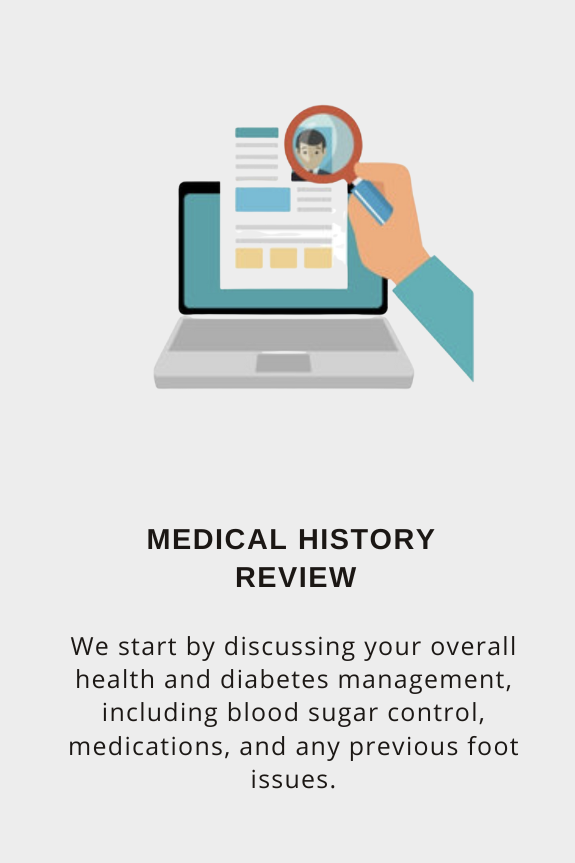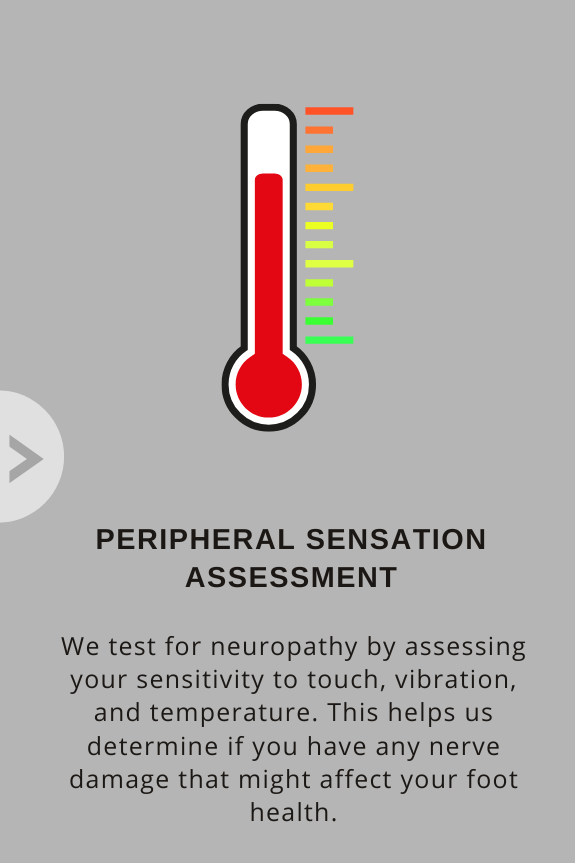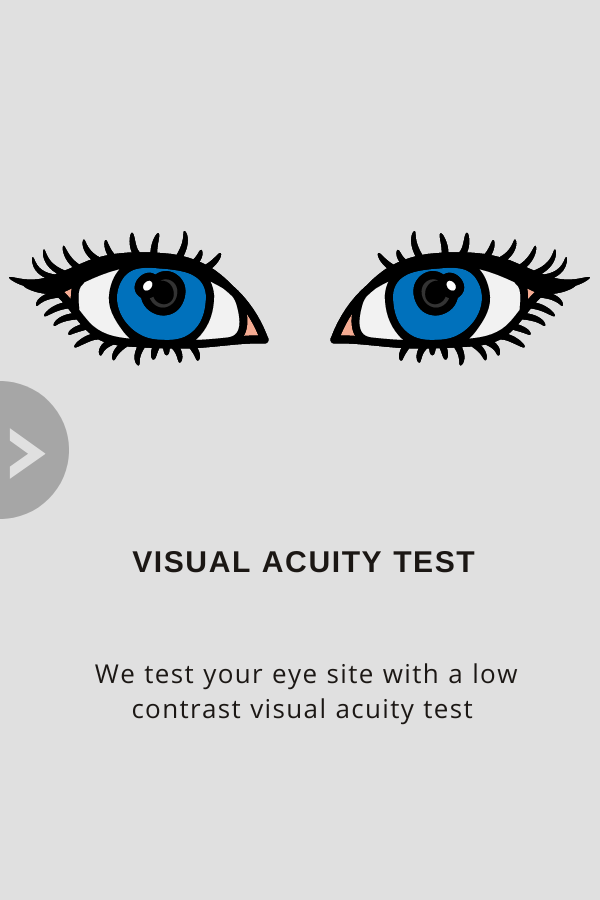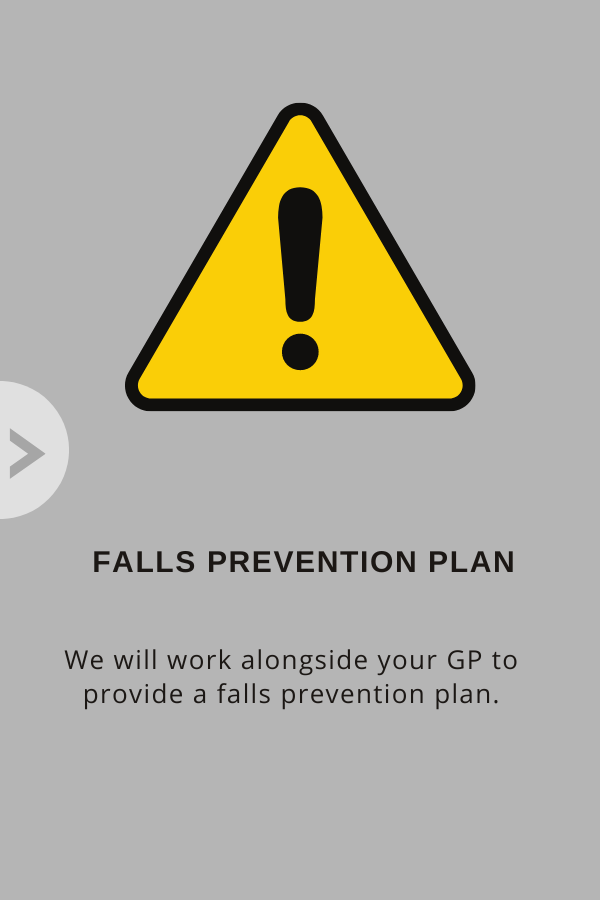
Falls Risk Assessment.
FAQs
-
A falls risk assessment is a assessment conducted by your podiatrist to identify factors that may increase an individual's risk of falling. It includes a review of medical history, physical examinations, and assessments of mobility, balance, and environmental factors.
-
They help identify individuals at higher risk of falling, particularly older adults, and implement strategies to prevent falls. By assessing and addressing risk factors, healthcare providers can prevent falls, reduce healthcare costs, and improve the quality of life for at-risk populations.
-
It is recommended to undergo a falls risk assessment annually, or more frequently if there are changes in health status, medications, or after an incident of falling.
-
Medical history review: Evaluating past incidents of falls, medications, and underlying health conditions.
Physical examination: Checking vision, sensation, muscle strength, and joint function.
Mobility and balance tests: Assessing gait, balance, and coordination through various exercises and activities.
-
While a falls risk assessment cannot guarantee the prevention of falls, it significantly reduces the likelihood by identifying and addressing individual risk factors.
The scores are added up across all of the tests to give a statistical risk of falls and also recommendations for how to prevent them. The Falls risk screening protocol we use was developed by researchers and is the gold standard for monitoring and preventing falls -
This appointment is eligible for Private Health Fund Rebates. Your rebate amount depends on your level of cover.
Foot Faults is a Preferred Provider for Medibank, Bupa and HCF, which means members enjoy bigger rebates +/- discounted fees on their appointments and services.
-
Most Podiatry appointments are not eligible for Medicare rebates.
If you have an eligible Medicare Referral, it can be used as a part payment.
-
A GP referral is not required for Podiatry appointments.
If you think you may be eligible for a GP Chronic Disease Referral, please visit your GP prior to your appointment.
Education and Preventive Care:
Education on fall prevention strategies, including strength training, home modifications, and regular health check-ups, empowers individuals to reduce fall risks and maintain independence.
What to expect, at your Falls Risk Assessment












